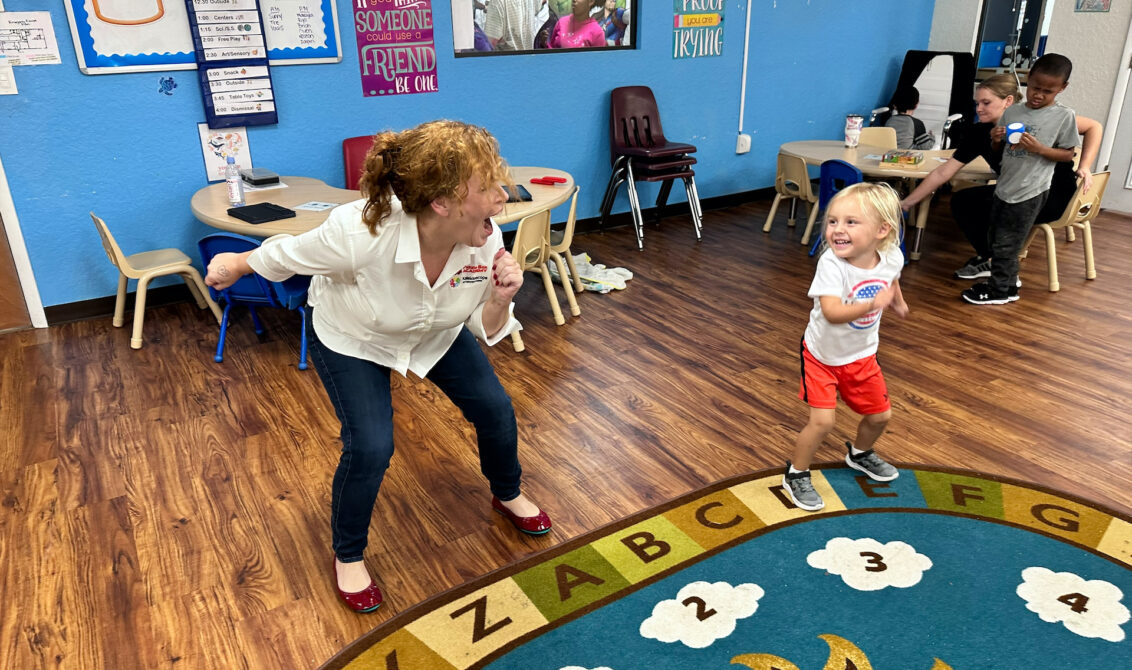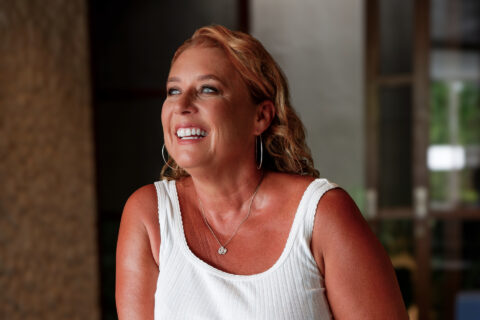The US constitution conveys certain rights to children with developmental difficulties. Yet, many public institutions, especially schools, fail to provide them – suggesting little concern and effort to create an environment more suitable for neurodiverse individuals.
That’s why knowledge is essential. When parents are equipped with knowledge of how the law supports them, they can demand institutions provide what their child needs. They’ll also be better equipped to raise awareness and speak up on different platforms about the struggles of children with autism.
By challenging institutions, parents can help their child have a better future and assist other families who face similar struggles. Pamela Furr, a mother who faces challenges of raising an autistic child, has done that and more. Furr has been through it all – attending IEP meetings, talking with teachers, and she ultimately became a vocal advocate for her son with public school management. Her aim was simple: to get her son a quality education. Yet, she felt the public school district wasn’t ready to listen.
Pamela’s journey inspired her book entitled “Can You Hear Me Now?” where she shares her journey with her son, Loki. She reveals all of her ups and downs and how knowing her parental rights and raising her voice led her to create a solution for families with autistic children: Puzzle Box Academy.
Finding the ideal learning environment for our exceptional and developmentally delayed students can be a challenge. Puzzle Box Academy was founded on the belief that every student deserves an educational environment to learn and thrive. The Florida-based private school provides a personalized learning environment for neurodiverse students ages 3-23.
Many parents will find her story inspiring, emphasizing the importance of knowing their children’s rights and taking an active role against the systems that affect their lives. Grab your copy of Pamela’s book here to learn more about her experiences.
Know Your Rights: A Quick Guide for Parents of Autistic Children
If you have a child that struggles with developmental challenges here’s a comprehensive list of rights you should know:
Equal Educational Opportunities
All kids, including those with autism, have the right to attend school. The Individuals with Disabilities Education Act (IDEA) ensures that children with disabilities, including autism, get the same educational opportunities as everyone else.
No Unfair Treatment
Kids with autism should not be treated differently because of their condition. The Americans with Disabilities Act (ADA) stops this from happening by ensuring that everyone gets equal opportunities.
Special Plans for Learning
Some kids with autism need special plans for school, called Individualized Education Plans (IEPs). These plans help them succeed in school by providing extra help. And it’s binding on every public school to provide this extra help.
Communication Rights
The schools must acknowledge and accommodate students with different communication needs. Even if they have trouble speaking, kids with autism have the right to communicate in a way that works for them. This might include sign language or special devices.
Access to Therapies and Services
Many kids with autism benefit from special services like speech or occupational therapy. Parents should know their child’s entitlement to these services and get the right support.
Privacy and Confidentiality
Autistic children’s medical and school records should be kept private. Only people like therapists, IEP staff, and special education teachers should have access to this information.
Safety and Well-being
Autistic children have the right to be safe and protected from harm. This implies that schools must take proper steps to prevent bullying and mistreatment.
By knowing these fundamental rights, parents can make a better case for their children while working with the public school system to advocate for your child’s education and more. Meanwhile, when parents continually raise awareness on different platforms, it creates a snowball effect that will force public schools to follow constitutional guidelines and take parents on board.
Imagine a scenario where every child has easy access to quality education without requiring parents to fight for basic rights. It’s possible, but requires support and parental advocacy. Together, we can create a more inclusive and supportive society where all children, no matter their abilities, can thrive.
To join Pamela in her advocacy for the educational rights of autistic children, connect with her on LinkedIn.
© YFS Magazine. All Rights Reserved. Copying prohibited. All material is protected by U.S. and international copyright laws. Unauthorized reproduction or distribution of this material is prohibited. Sharing of this material under Attribution-NonCommercial-NoDerivatives 4.0 International terms, listed here, is permitted.














